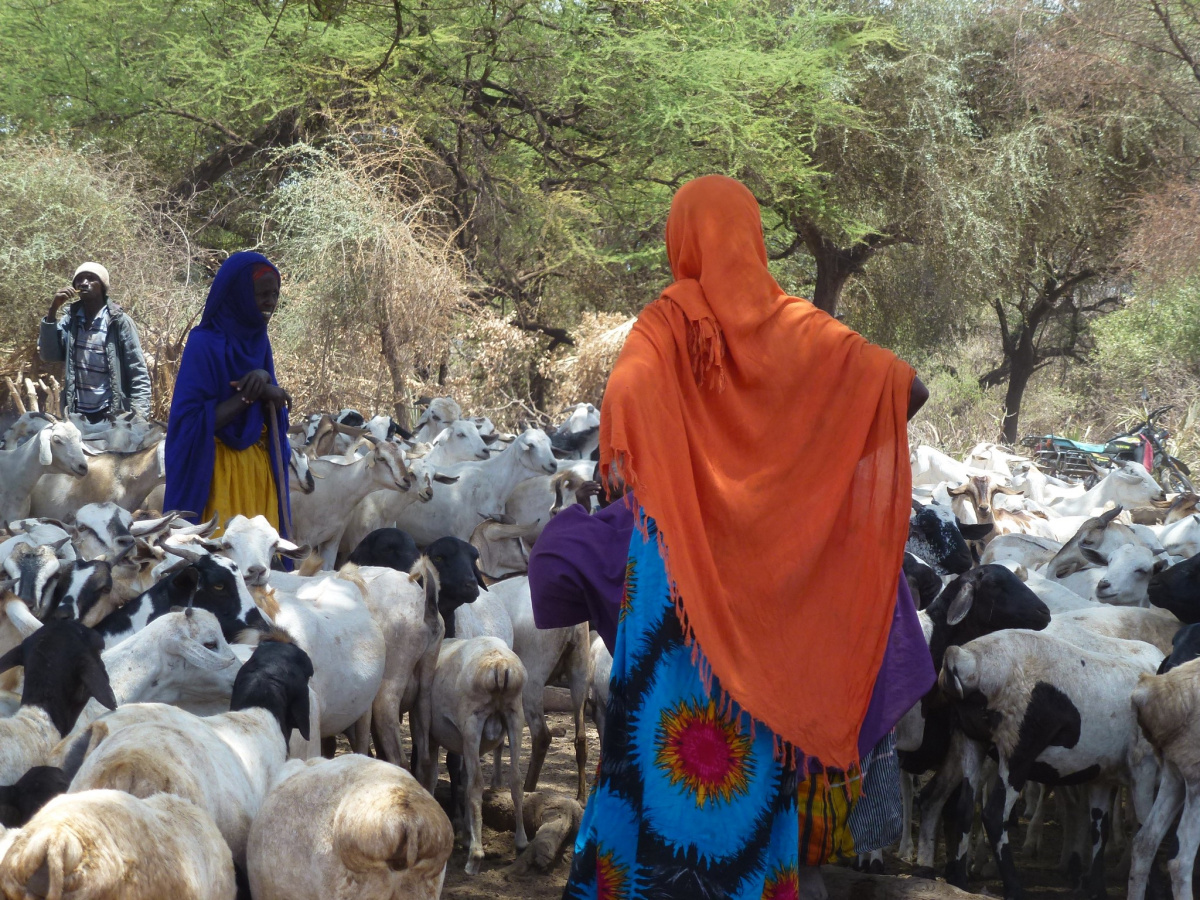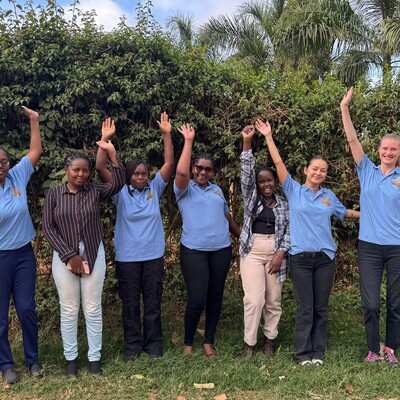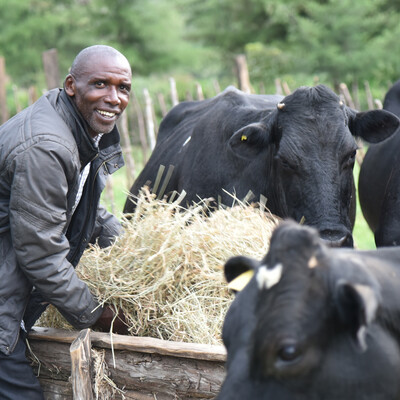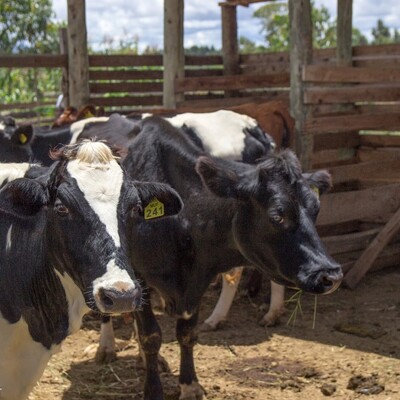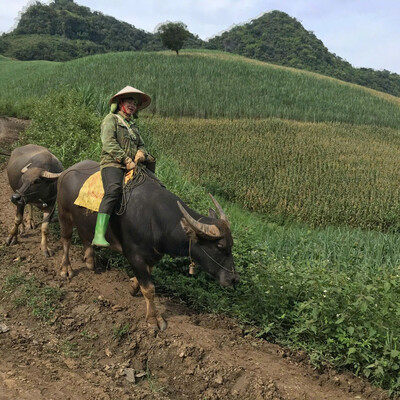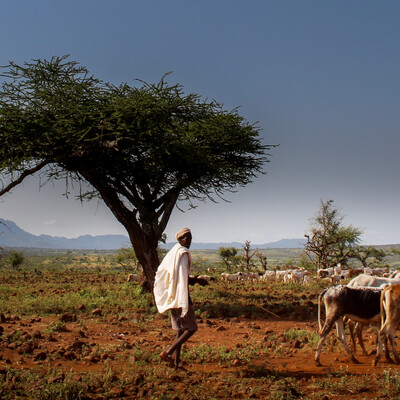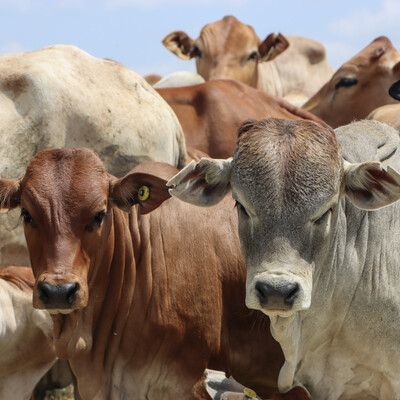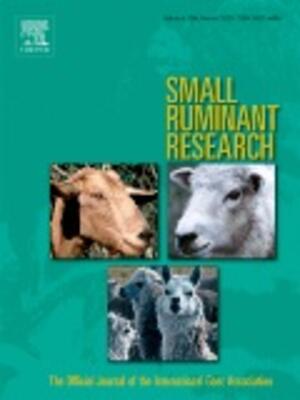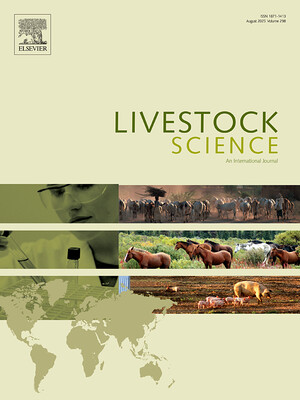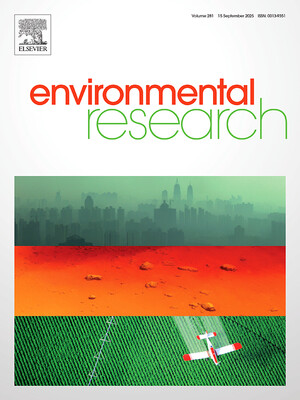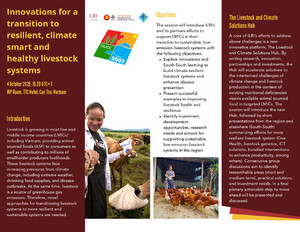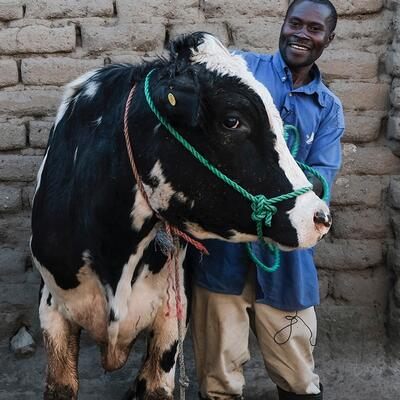
Recent research highlights the role of gender in pastoral and dryland innovations
Scientists in the sustainable livestock system program (SLS) are conducting research to inform the design of gender-responsive and transformative approaches in pastoral systems and drylands contexts.
Insurance and risk mitigation

Pablo Delvaux
Research evidence shows that gender-responsive approaches for climate change adaptation in pastoral and dryland areas will help women to continue building independent and resilient livelihoods.
Index Based Livestock Insurance aims to reduce risks through drought risk financing in East Africa. Analysis of longitudinal panel data revealed gender differences in adoption rates and the species that women and men insure. Complementary qualitative analysis revealed the ways that intersecting social factors, such as gender and the position of wives in polygamous households influence women’s participation in insurance decision-making and benefit distribution. Findings will inform the next steps in the development of bundled services to support adaptation capacities and practices.






